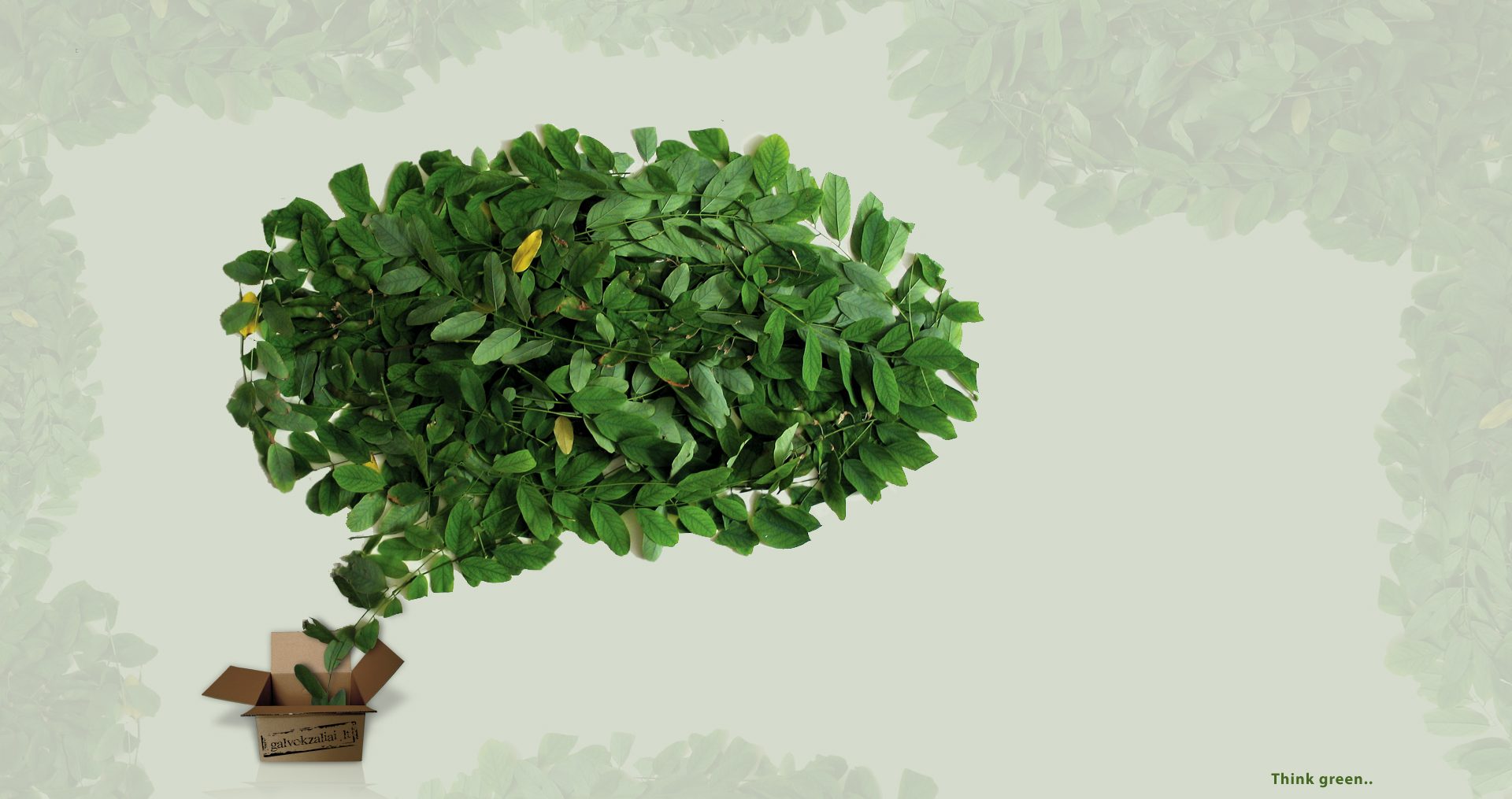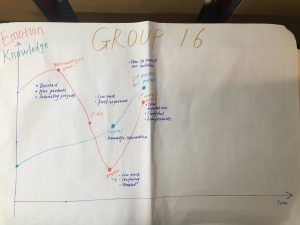As the course is coming to an end, our community based experiential learning (CBEL) project is in the process of being completed. Looking back on the last three months, our group gained a lot of knowledge on how waste reduction is important in building a more environmentally friendly society. For example, by reducing, we can save a significant amount of resources and valuable space in the landfill (City of Vancouver, 2017). However, we learned that recycling may not be the most effective approach as it has some negative environmental impacts. Transportation of cup waste contributes to greenhouse gases and global warming as transportation uses fuels and energy (Eisted et al., 2009). In this final blog, our group member would like to express our appreciation for the feedback and suggestions that our community partner, City of Vancouver and StudioCity, TA, and instructor provided. This course provided us with an incredible opportunity to connect with the real environment issue in Vancouver.
Here is the link of our project video:
https://www.youtube.com/watch?v=bbw8H2pNU48
What?
A moment of significance
Now that we have completed our video, we were able to collect data to measure the effectiveness of the video by asking viewers to participate a survey. Our video was posted on social media (Facebook and Youtube) along with a link to our survey in the description box of the video. Our survey had 73 participants. Based on the results from the survey, we realized that our video provided some influence to 63% of the participants to decrease their usage of paper coffee cups. By looking through these results, we are excited to see how our project went well so far.
So what?
Significances
The creation of a video and survey are good channels of communication since they connected us with the audiences directly. We were able to collect quantitative data from our survey over the duration of two week. A survey was made because it allows for systematic interviewing which allows for questions that specifically targets our research (Sapsford, 2007). In addition, surveys enables standardizations by asking consistent questions (Sapsford, 2007). The participants were required to choose a single answer from the options given which result in precise answers to be further analysis (Sapsford, 2007).
After analyzing the result, we were glad that our video was effective because over half of the participants were concerned about this issue.
Now what?
Although our project may have not had a significant change in promoting the increase in overall reduction of single use paper cups, it is a step towards the reduction. We were happy to be able to collaborate with the City of Vancouver and CityStudio.
There several limitation that should be taken into account in future projects. For instance, we cannot measure behaviour change in person. In addition, the results do not reflect the effect of the our video for the people in Vancouver overall. This is due to the fact that non internet users and a large number were not taken into account. Further research must be considered to extrapolate the result the the entirety of Vancouver.
However, the data that was collected from our survey may be useful for the City of Vancouver. For instance, the survey can allow the City of Vancouver to pinpoint the area in Vancouver that uses the most single use cups. In addition, the survey can allow the City of Vancouver to know the method is most effective in to result in people using less single use paper cups. With this knowledge, the City of Vancouver may be able to better approach businesses to implement a strategy.
References
City of Vancouver (2017). Zero Waste Vancouver. Retrieved from http://vancouver.ca/green-vancouver/zero-waste-vancouver.aspx
Eisted, R., Larsen, A. W., & Christensen, T. H. (2009). Collection, transfer and transport of waste: Accounting of greenhouse gases and global warming contribution. Waste Management & Research, 27(8), 738-745. doi:10.1177/0734242X09347796
Sapsford, R. (2007). Survey research. London, CA: Sage Publications.

